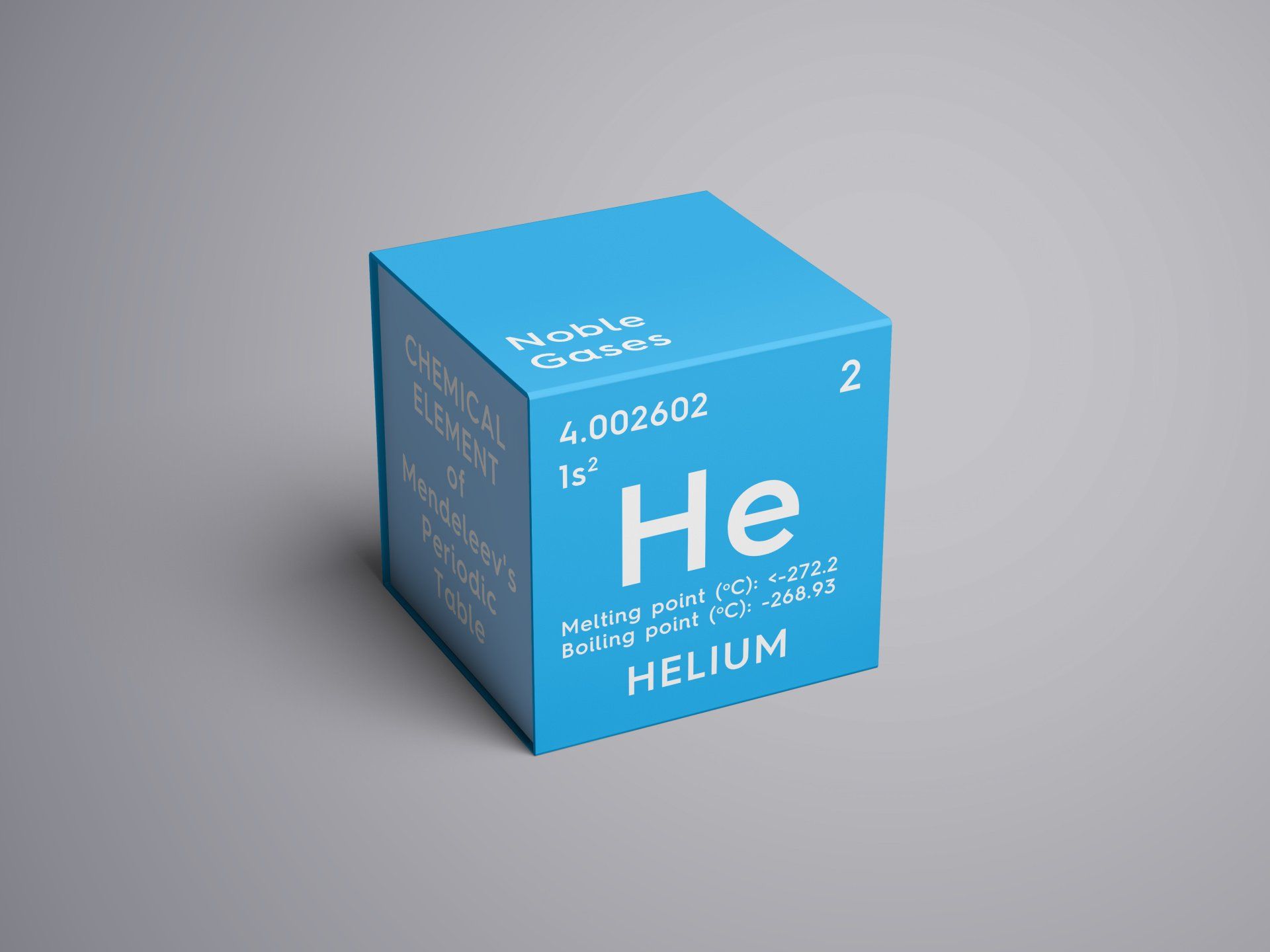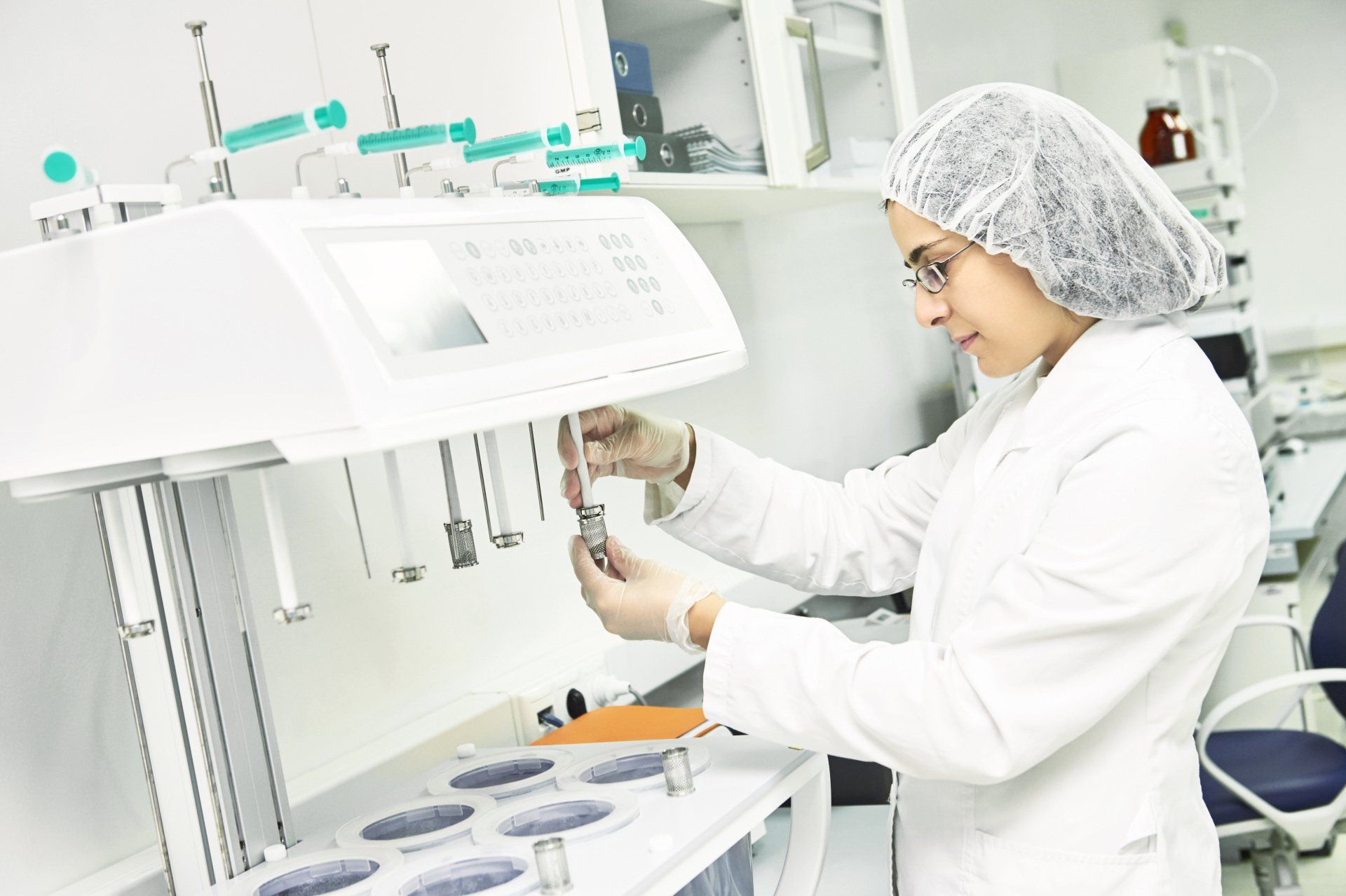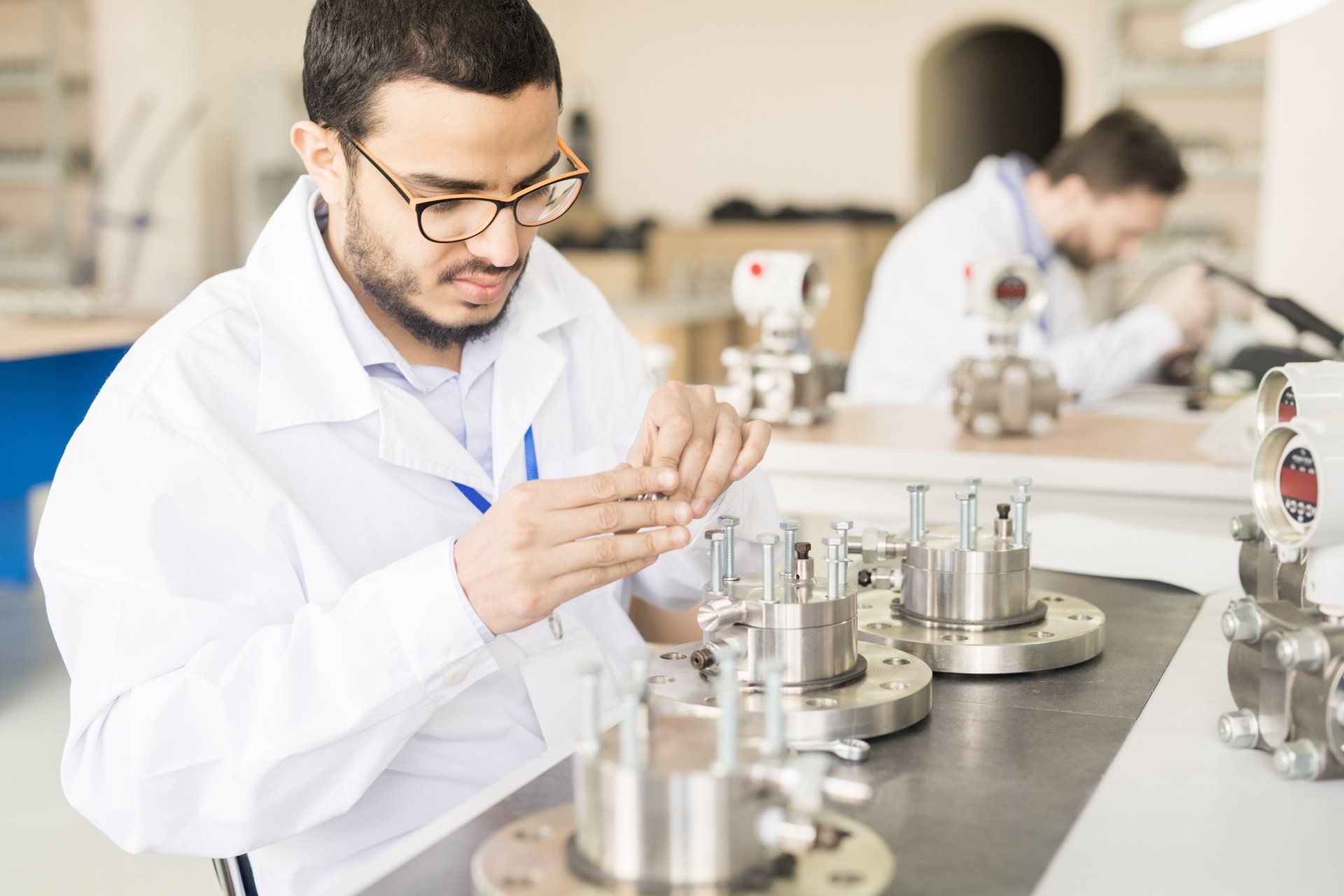Laboratory Contract Maintenance: Important Questions to Ask
Ted Palashis | November 25, 2019
Cars are expensive. Expensive to buy. Expensive to drive. Expensive to repair. This is why dealerships and manufacturers offer warranties. They provide peace of mind and the concept that your significant investment is protected. When you run a laboratory, you make multiple significant investments, and each one drives your productivity, your potential to discover, and, ultimately, your bottom line.When these assets aren’t able to perform, need to be repaired, or are due to be replaced, it can stifle productivity, efficiency, and profitability. However, these risks can be mitigated with a contract maintenance agreement. And just like you’d have a list of questions for your car dealer, and you’d do your due diligence when it comes to agreeing to any warranty, there are some important questions to ask your contract maintenance provider.
Where Does the Warranty End and Contract Begin?
Warranties and any possible extended services, like maintenance contracts, are two different things. A warranty comes along with every instrument and is included in the price. A service contract is an option that covers specific repairs and labor that are not included in the warranty or any repair or labor that exceeds the life of the warranty.
Contract maintenance will typically manage any available warranty coverage for you. However, if you have an issue that exceeds the coverage of your warranty, you are covered based on your contract. This partnership can significantly deter the costs associated with expensive repairs and more expensive replacements. Furthermore, service maintenance contracts can include qualification services and preventative maintenance. This means that each asset in your lab is consistently qualified and prepared to perform through each phase of its lifecycle.
What Are the Terms of the Contract?
Does your service agreement cover everything? Does it cover repair? Monitoring? Preventative maintenance? Warranty management? Something else? Be sure that you understand your coverage with your partner. You need to know if maintenance is covered, if qualification is provided, and if repair is available. It’s essential to know that your needs are met and that your highest risks are mitigated.
What’s the Difference Between Repair and Refurbishment?
If your equipment can be repaired instead of replaced, it can be a valuable cost savings. However, for older assets, refurbishment can be a fiscally efficient initiative. If you’re considering refurbishing older instruments, you should consider these steps.
- Submit a comprehensive list of what the refurbishment includes.
- Determine ahead of time what “proof of performance” will include after the refurbishment is complete.
- Agree on either the length of warranty after the refurbishment or what the extended maintenance agreement includes.
- If the asset is to be taken out of service and replaced, ask your service provider if there is an interest in taking possession or disposing of the asset.
A contract maintenance agreement for your laboratory’s equipment addresses two of the most considerable risks to your operation, downtime, and cost. By mitigating the risk of failing instrumentation, both of these threats are reduced. As the lifespan of analytical instrumentation is variable, the quality of the maintenance being provided is a key consideration. This is why Overbrook uses its experience and expertise to conduct periodic maintenance when it’s needed for its clients.




